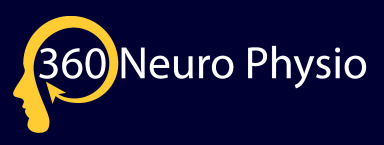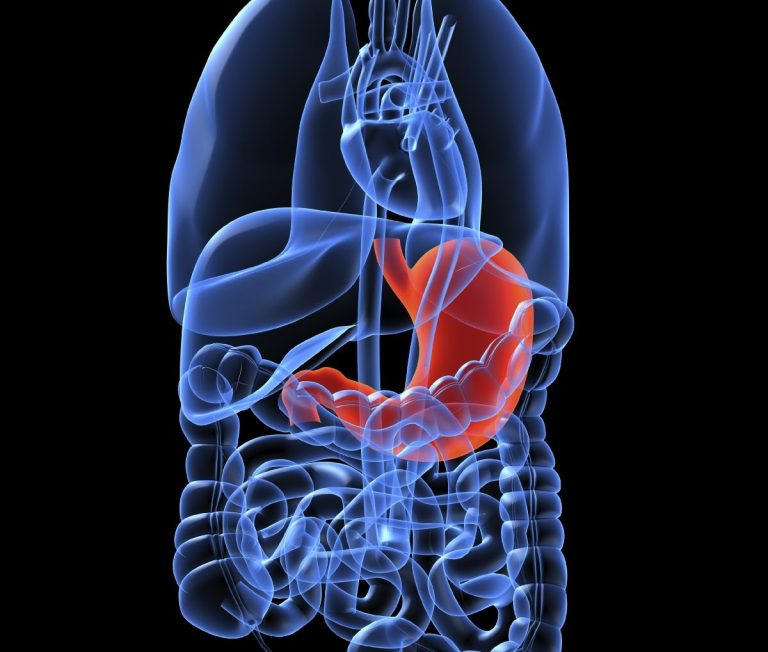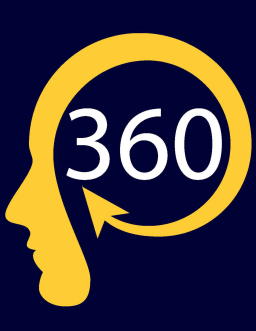Complete specialist rehabilitation.
360Reflux Physio
Neurological physiotherapy can play a supportive role in managing conditions like gastroesophageal reflux (GERD) and hiatus hernia by addressing the musculoskeletal and postural factors that can exacerbate symptoms.
Techniques such as posture correction, diaphragm and core strengthening exercises, along with relaxation techniques can help improve the function of the abdominal and thoracic muscles, reduce pressure on the stomach, and enhance overall digestive health.
Neurological physiotherapists may also work on improving the coordination of the muscles involved in breathing, which can also alleviate discomfort associated with reflux. Additionally, improving posture through targeted exercises can help reduce the risk of acid reflux and hernia-related symptoms by optimising the alignment of the digestive tract and reducing unnecessary strain on the oesophagus. 360Reflux Physio can complement other medical interventions and improve overall symptom management, particularly in individuals with chronic or recurring reflux and hiatus hernia.
Conditions:
- GERD
- Hiatus Hernia
- Silent Reflux
Treatments:
- Respiratory training: including diaphragm strengthening and control
- Core strengthening and control
- Specialist devices and techniques
- General health promotion and guidance
- Promotion of physical activity
- Referral to appropriate professionals e.g. dietician/nutritionist.
Ready to take the next step?
Contact 360Neuro Physio to start your rehab journey today.
Transforming lives through complete specialist rehabilitation
Schedule a consultation with specialist neurological physiotherapist, Katy Herbert, and discover how we can help you regain your mobility and independence.
We need your consent to load the translations
We use a third-party service to translate the website content that may collect data about your activity. Please review the details in the privacy policy and accept the service to view the translations.



